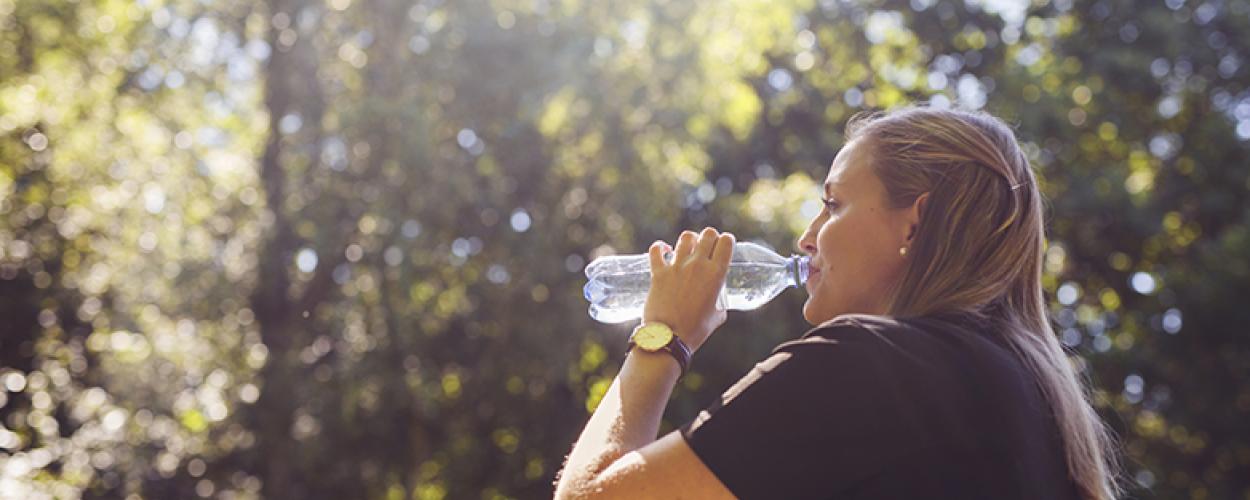
Extreme heat events (periods of higher-than-average temperatures) can put our health at risk. Be prepared for hot weather. Avoid heat-related illnesses by finding ways to stay cool and taking steps to protect yourself, your family, and pets.
Cooling Centres
If you are looking for a place to keep cool, seek spaces such as the library and community centres. People are welcome to use these spaces to cool down during regular hours.
The following District spaces can offer relief from the heat. Click the links below to view facility hours.
- West Vancouver Memorial Library (1950 Marine Drive)
- West Vancouver Community Centre (2121 Marine Drive)
- Seniors’ Activity Centre (695 21st Street)
- Gleneagles Community Centre (6262 Marine Drive)
Heat-Related Illness
Heat stroke is a medical emergency. If symptoms are not mild, last longer than one hour, change, worsen or cause concern, contact a health care provider.
Call 911 if someone in your care has a high body temperature and is either unconscious or has stopped sweating.
To ask about heat-related illness, call HealthLinkBC at 811.
Tips for staying safe in extreme heat
- Drink plenty of cool, non-alcoholic fluids, especially water.
- Avoid sun exposure; find shade when possible.
- Wear loose, lightweight, and light-coloured clothing. When you go outdoors, wear a wide-brimmed hat, sunglasses, and sunscreen.
- Take a cool bath or shower periodically.
- Reduce or reschedule strenuous activities to the coolest time of day. Rest often.
- Block out the sun by opening awnings, and close curtains or blinds during the day.
- Avoid using fans to cool yourself in hot indoor environments (35°C or higher), because they will only blow the hot air toward you. Instead, use fans to bring cool air into a warmer area—for example, placing fans in windows when the temperature is lower outside to blow the cool air inside.
- Plan outdoor activities during cooler parts of the day, or try to find a cooler outdoor location.
- Spend time in cool places like shaded areas or air-conditioned spaces like a local mall or public library.
- Visit a spray park or book a swim time at the Aquatic Centre.
- Check on vulnerable family members and neighbours to make sure they are cool and hydrated.
- Never leave people or pets in a parked vehicle or direct sunlight.
